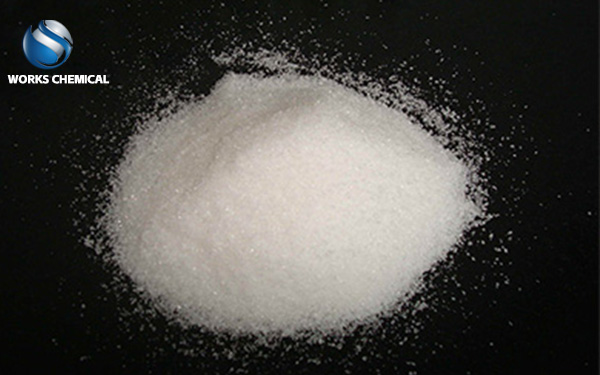
Sludge enhancers can indeed play an efficient role in the treatment of sludge problems. The following is a detailed analysis of how to efficiently treat sludge problems with sludge synergists:
1. Mechanism of action of sludge synergists

Sludge enhancer is a chemical agent that can significantly improve the dewatering performance of sludge through its specific chemical or physical mechanism of action. It can mainly destroy the colloidal structure in the sludge, reduce the viscosity and moisture content of the sludge, and make the sludge easier to flow and compress. At the same time, the sludge synergist can also change the structure of the sludge particles, increase the binding force between the sludge particles, so that it is more closely gathered together, thereby helping to improve the dehydration effect of the sludge.
2. Advantages of sludge synergists
High efficiency dehydration: sludge enhancer can significantly reduce the moisture content of sludge, reducing the moisture content of sludge from more than 90% to 40%~60%, and fully realizing the reduction of sludge.
Improve production efficiency: When the chemical conditioning sludge synergist achieves better results, the use of high pressure feeding and high pressure pressing can shorten the time of the entire press section and improve production efficiency.
Reduce labor intensity: automatic discharge and reverse blowing of filter media (filter cloth) are completed at the same time, which can reduce the labor intensity of control workers.
Wide applicability: sludge enhancer is widely used in the dewatering treatment of sludge in various industries such as living, printing and dyeing, papermaking, electroplating, chemical industry, leather and so on.
3. Practical application effect of sludge synergist
Sludge enhancer has achieved remarkable results in practical application. For example, in the treatment process of printing and dyeing sludge, the use of sludge synergists can significantly improve the dewatering efficiency of the sludge and reduce the moisture content of the sludge, thereby reducing the burden and cost of subsequent treatment. At the same time, the use of sludge synergists can also reduce the pollution of sludge to the environment and improve the utilization rate of sludge resources.
4. Selection and precautions of sludge synergists
Agent selection: When selecting sludge synergist, it is necessary to select the appropriate agent according to the nature and treatment requirements of the sludge. For example, for organic chemical sludge, cationic polyacrylamide and other agents can be selected; For inorganic sludge, agents such as polyaluminum chloride can be selected.
Dosage of agent: The amount of sludge enhancer needs to be determined according to the moisture content of the sludge, the amount of treatment and the performance of the agent. Excessive chemical agents will not only increase the cost of treatment, but also may adversely affect the subsequent treatment of sludge.
Operation precautions: When using sludge synergists, it is necessary to pay attention to operating specifications and safety measures. For example, it is necessary to prepare and use the drug according to the instructions for use; Need to wear protective equipment during use.
In summary, sludge synergists have significant advantages and practical effects in the treatment of sludge problems. Reasonable selection and use of sludge enhancers can significantly improve the dewatering efficiency and quality of sludge, reduce the treatment cost and environmental pollution, and provide strong support for the resource utilization of sludge.